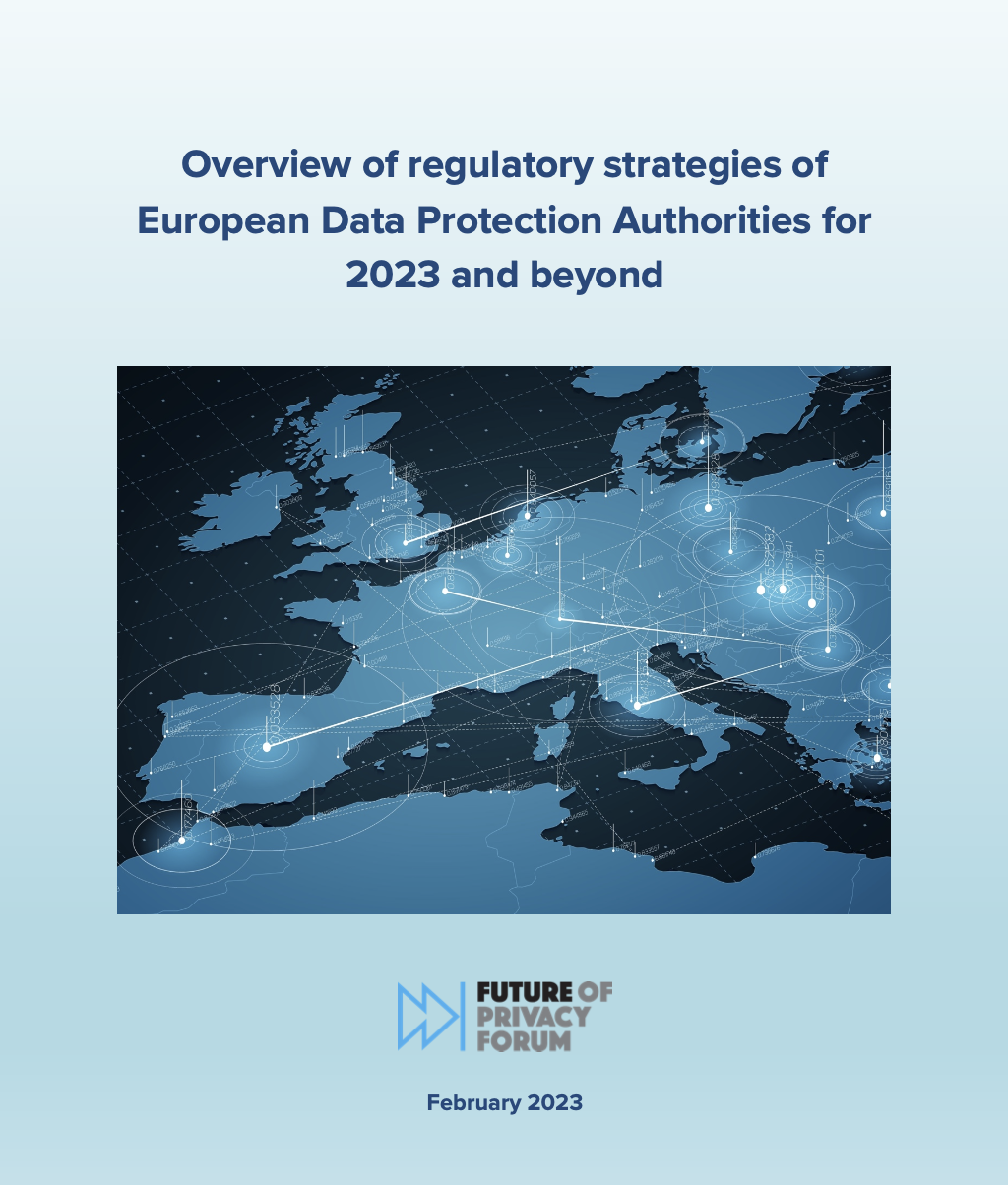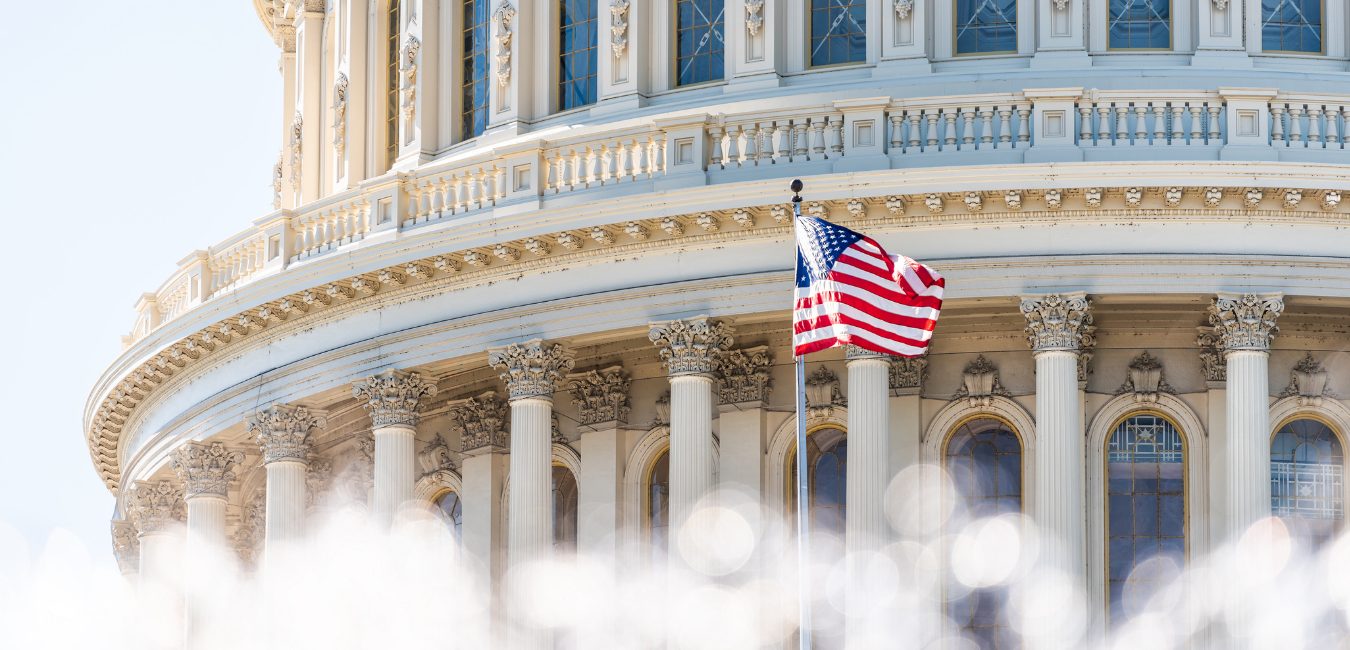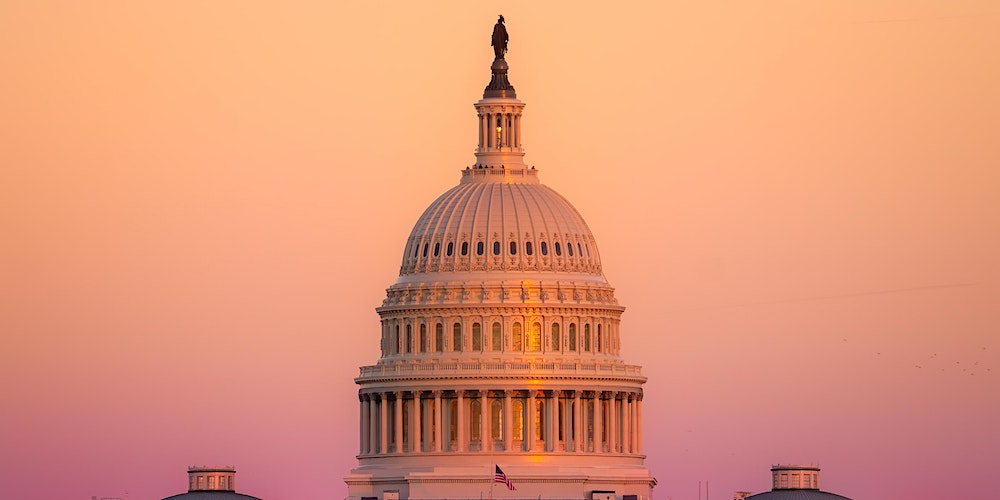
Knowledge is Power: The Future of Privacy Forum launches FPF Training Program
“An investment in knowledge always pays the best interest”–Ben Franklin Let’s make 2023 the year we invest in ourselves, our teams, and the knowledge needed to best navigate this dynamic world of privacy and data protection. I am fortunate to know many of you who will read this blog post, but for those who I […]

Evolving Enforcement Priorities in Times of Debate – Overview of Regulatory Strategies of European Data Protection Authorities for 2023 and Beyond
Today, the Future of Privacy Forum released a report that explores “Evolving enforcement priorities in times of debate – Overview of regulatory strategies of European Data Protection Authorities for 2023 and beyond.” It is the third in a series that explores European DPAs’ evolving regulatory priorities, following the 2021 Report “Insights into the Future of […]

Utah Considers Proposals to Require Web Services to Verify Users’ Ages, Obtain Parental Consent to Process Teens’ Data
Update: On March 23, Governor Spencer Cox signed SB 152 and HB 311. While amendments were made to both bills, the concerns raised in FPF’s analysis remain. SB 152 leaves critical provisions, such as methods to verify age or obtain parental consent, to be established in further rulemaking, but questions remain regarding whether these can […]

Workplace Discrimination and Equal Opportunity
Why monitoring cultural diversity in your European workforce is not at odds with GDPR Author: Prof. Lokke Moerel* The following is a guest post to the FPF blog from Lokke Moerel, Professor of Global ICT Law at Tilburg University and a lawyer with Morrison & Foerster (Brussels). The guest blog reflects the opinion of the […]

FPF Statement on President Biden’s 2023 State of the Union Address
“Data protection and privacy are fundamental human rights. The benefits of modern technology in areas like mobility, health care, and education cannot be fully realized until a clear, comprehensive federal privacy law is enacted. Americans will benefit from a standard that provides individuals with needed protections and organizations with certainty and guidance. While privacy is […]

7 Tips For Protecting Your Privacy Online
Today, almost everything we do online involves companies collecting personal information about us. Personal data is collected and regularly used for a number of reasons – like when you use social media accounts, when you shop online or redeem digital coupons at the store, or when you search the internet. Sometimes, information is collected about […]

Data Privacy Day 2023
Data Privacy Day is held annually on January 28, a day to internationally promote best practices surrounding consumer privacy and data protection. Join FPF in recognizing this significant day by sharing the importance of data privacy. There are many ways you can protect your personal data and control how it is shared and used. Our […]

This Year’s Must-Read Privacy Papers to be Honored at Capitol Hill Event
The Future of Privacy Forum’s 13th Annual Privacy Papers for Policymakers Award Recognizes Influential Privacy Research Today, the Future of Privacy Forum (FPF) — a global non-profit focused on data protection headquartered in Washington, D.C. — announced the winners of its 13th annual Privacy Papers for Policymakers (PPPM) Awards. The PPPM Awards recognize leading privacy […]

The Future of Manipulative Design Regulation
Regulators in the United States and around the globe are bringing enforcement actions and crafting rules intended to combat manipulative design practices online. These efforts are complex and address a range of consumer protection issues, including privacy and data protection risks. They raise thorny questions about how to distinguish between lawful designs that encourage individuals […]

13th Annual Privacy Papers for Policymakers
FPF is excited to announce the 13th Annual Privacy Papers for Policymakers winners and in-person award ceremony! The award recognizes leading privacy scholarship that is relevant to policymakers in the U.S. Congress, at U.S. federal agencies, and international data protection authorities.
